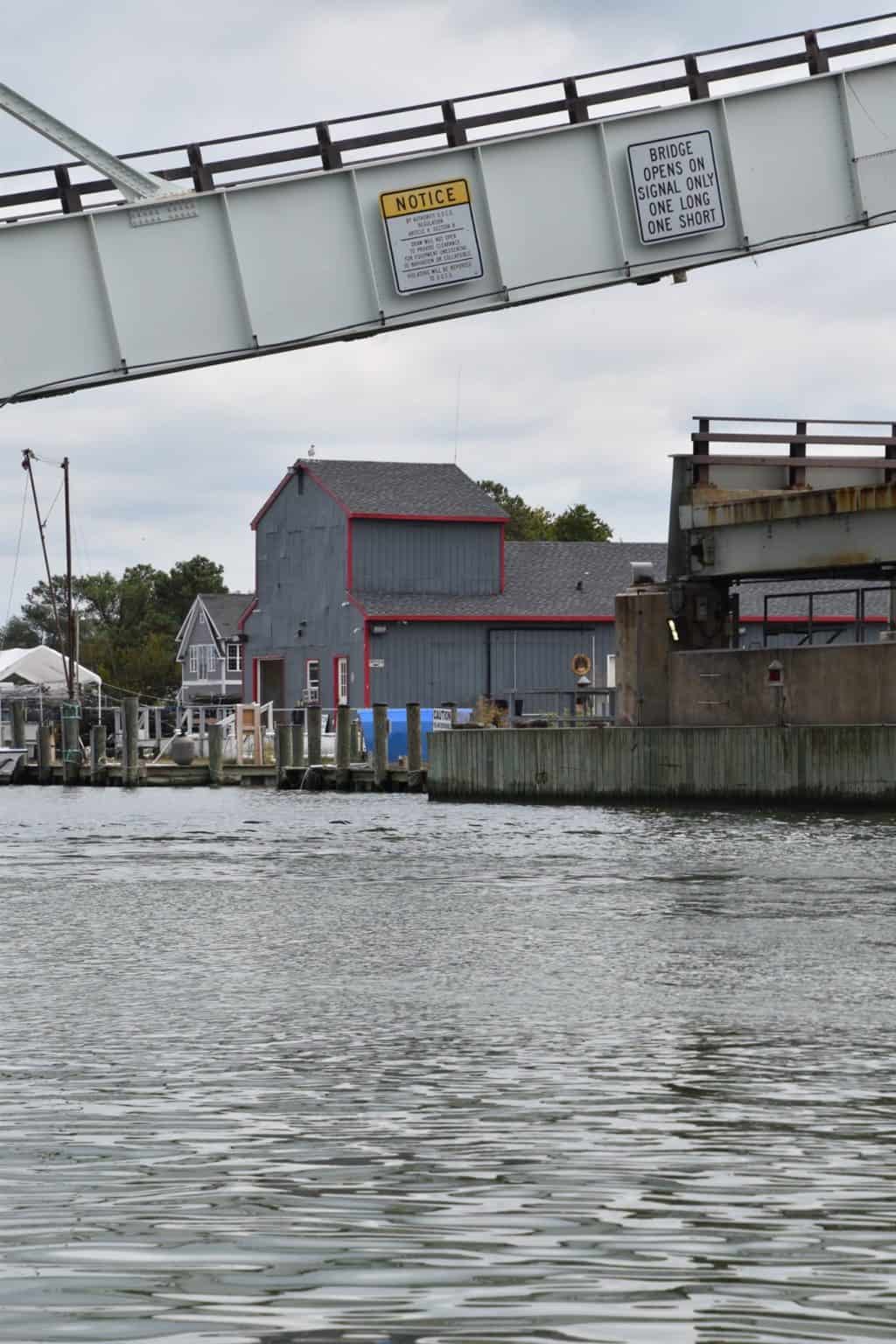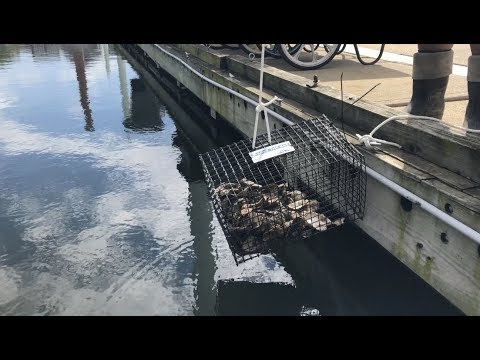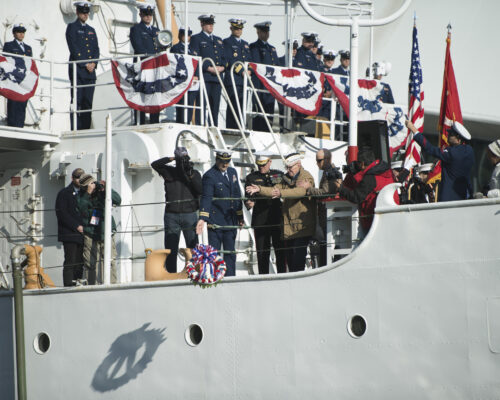Phillips Wharf Environmental Center, a nonprofit aquaculture operation and education resource, is closing and selling its multi-acre waterfront campus on Tilghman Island.
The 14-year-old center is home to an “Estuarium” filled with Bay life, classrooms, working oyster aquaculture center (their oysters have been sold at the Inn at Perry Cabin in St. Michaels), and a paddlecraft launch site.
Its educational programs included those for grade-school students, a traveling Fishmobile that visited schools and events as Phillips Wharf’s marine science outreach program, an adult lecture series, and a shellfish aquaculture training program.
Phillips Wharf’s campus had been closed since the start of the pandemic, and the organization’s Board of Directors just announced this week that it will not reopen.
In a statement, Board President Matthew Albers writes, “Two challenges have remained constant—the rising costs of maintaining a waterfront campus and old buildings, and addressing the inaccessibility of Tilghman Island to many school systems and others unable to afford the cost or the time for the long trip from more urban areas like Easton.”
Albers goes on to say the board will “ensure the sustainability of our future and educational programs by liquidating our assets on Tilghman Island—including the real estate and property—and re-focus the expected gains from the sale to re-open a location in Easton that the Board will determine.”
The aquaculture operation will be sold along with the property, so its activity will soon come to a close. The Fishmobile will also not be operating in the very near future, since there won’t be a place to house the animals and Phillips Wharf is waiting on guidance from schools about whether programs like it will be welcomed back into classrooms. Post-pandemic, the nonprofit does hope to resume the Fishmobile program.
Pre-pandemic, Phillips Wharf had operating costs over half a million dollars per year. After the pandemic had put a halt to almost all in-person education, Phillips Wharf suffered still another setback: it received some of the most notable damage experienced in the Bay region due to Hurricane Isaias. Last August Bay Bulletin reported on a tree that crashed through one of the buildings, causing thousands of dollars in damage.
Phillips Wharf says it will continue its mission to give students meaningful interactions with the Chesapeake Bay’s ecosystem and wildlife, and is still doing its “due diligence” on options for a possible new space in Easton.
-Meg Walburn Viviano



